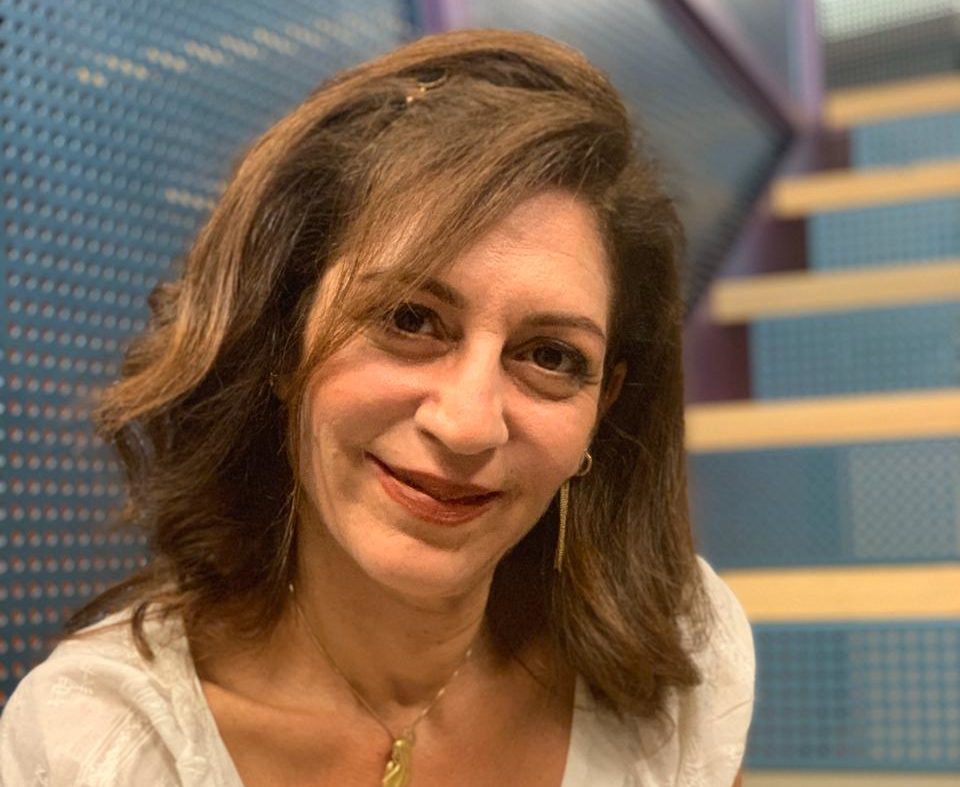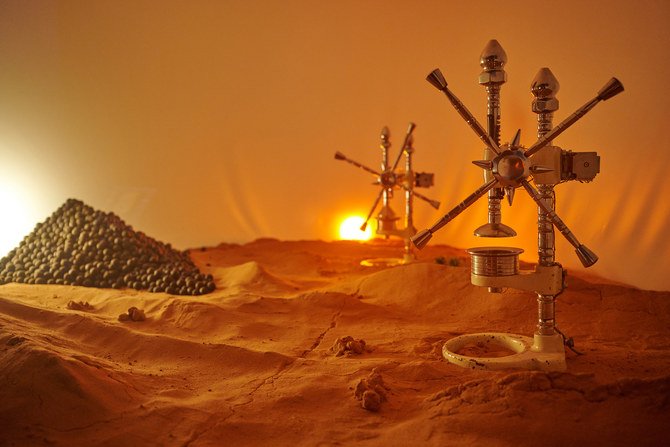Lifestyle
11.27.2019
From Paris to Beirut, the Lebanese choreographer Nada Kano builds bridges with dance

Living embodiment of movement and displacement, dance has always been an invitation to travel. An exploration of physical boundaries and realms through different universes, lives, and territories. A few days ago, La Seine Musicale, a multicultural place in Paris, took us on a journey between Paris and Beirut through “The dress”, a choreography imagined by the Lebanese dancer Nada Kano, performed by the French ballerina Marie-Agnès Gillot.
Lebanon owes a lot to Nada Kano. This passionate dancer allowed a generation of locally trained dancers to emerge. Founder of the first Lebanese ballet school (2002) and the Beirut Dance company, she has also initiated the Beirut Dance project (2009), which allowed young people from disadvantaged backgrounds to benefit from a professional dance training during several years. Choreographer, she also created several works that have turned in the theaters of Lebanon, like Things I’m not and Falling minds. Today, she presents “The Dress”, a choreography that pays homage to two countries whose history and present remain intimately linked in a particularly troubled period for Lebanon.

How did you discover classical dance?
I come from a generation that grew up during the civil war, so my childhood is directly linked with the war. We were really isolated and we did not have access to information, but I remember watching a Russian ballet in black and white tV around the age of 12. I literally fell in love with this art, but I was stuck in Lebanon in the mid-’80s. We were in survival mode, there was no dance class, and we could not move freely. At 16, I went for a summer internship at the Rosella Hightower dance school in Cannes. I realized that’s what I wanted to do with my life. One year after, I went back and stayed for a year. Then I returned to Lebanon and after two months, the war went through a new very violent episode, so I went to Paris where I stayed for ten years. There, I trained with Yves Casati at the Marais Dance Center. But I always had in mind to return to Lebanon to share what I had learned because I myself had suffered from not being able to stay in my country to do so.
How did you meet the ballerina Marie-Agnès Gillot and why did she call you for this creation presented at the Seine Musicale?
I met Marie-Agnès by chance, three years ago, during a party with friends while she was quickly visiting Lebanon. If I was already very admirative of her work, I really liked her personality and humility. For my part, I wanted to remake The dress, a choreography that I have created ten years ago and that dealt with the Lebanese experience (NB: the Cedar revolution in Lebanon) because I realized that we were still in the same situation a decade later. So I contacted her to dance on this choreography, and she is the one who submitted the idea of doing this show in France.
From Paris to Beirut, what did you learn from your own personal journey between those two countries?
As French-speaking people, Lebanese are very close to the French and at the same time, they are very different. The discipline and rigor of classical dance in France are diametrically opposed to the Lebanese way of life and mentality, for example. These are two extremes that I wanted to use and adapt to the current situation with “The Dress”. I tried to trap an Eastern and Mediterranean mentality, very round, with this french discipline and rigor. It was a big challenge.
Regarding the current situation in Lebanon, which movements or choreography does it inspire you?
What Lebanon is going through right now is a turmoil. This is the very definition of movement. It is dance. It is a movement of revolt. Something that was sleeping till now, is waking up, taking life. It is the rebirth of the people.
What classical dance, more than any other form, brings into you in life?
If my training is classical, as a choreographer I tend more towards the contemporary art form. In a country like mine, it suits me more than pure classical dance. Dance has many similarities with the life teachings. It teaches you rigor, observation but without losing the emotion. Dance is simply my life. I breathe, I think and I live by it.
popular

